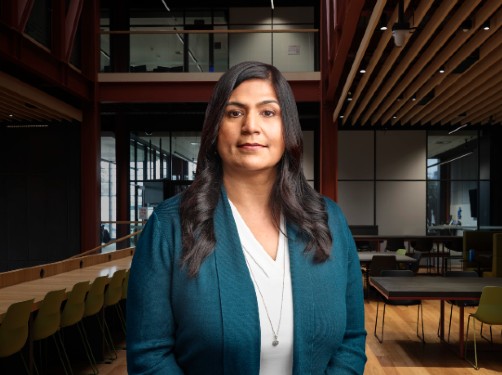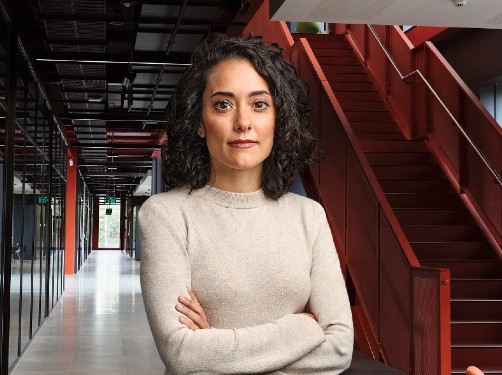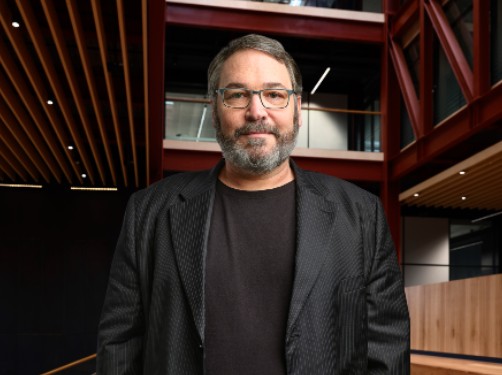Dr Aziz was born and raised in Pakistan where she completed a degree in business, information systems and social sciences. It wasn’t until she worked closely with a team of community health doctors and nurses as an information system coordinator at a health organisation (Aga Khan Health Service, Pakistan), that she got her first taste for the healthcare industry.
A few years later Zahra began working on various health projects, alongside international health organisations and donors such as USAID, the Global Fund to Fight AIDS, Tuberculosis and Malaria (GFATM), UNICEF and WHO. It was here where Dr Aziz did much of her groundwork, before deciding to undertake a Master of Public Health and a PhD in behavioural sciences.
Now, she specialises in implementation science, helping to promote the uptake of research findings into routine healthcare practice. She is also a Lecturer for Monash Online’s Graduate Diploma of Psychology Advanced.
Using research to inform practice
Dr Aziz is on a mission to bridge the gap between research and practice in healthcare – she believes delays can be a waste of scarce resources and a sacrifice of potential patient benefit.
Although it is necessary to take the time to ensure the safety and efficacy of new developments and advancements, she believes that reducing the time taken for research to impact patients will further the positive impact of the healthcare system and contribute to saving countless lives.
This motivation to change the healthcare system all stemmed from a damning statistic;

‘It can take 17 years for research to reach the real world.’
One such example of this lag, Zahra noted, was in diabetes prevention. As early as 1997 several large research trials demonstrated that lifestyle interventions including physical activity and a healthy diet could drastically reduce the risk of diabetes in high-risk populations.
Yet since 1997, type 2 diabetes has risen. This inspired Zahra to undertake a systematic review to investigate why progress was failing to be made. Her approach was based on the principles of implementation science. This systematic review was published in the Implementation Science Journal in 2015 during Zahra’s PhD research years. It was ranked as one of the top 10 most influential papers in implementation science that year and continues to be widely cited.
Integrating students into real research
Several Monash Online students were already collecting data for their research projects, so she posed the question ‘Why not get them involved in research already being done by Monash staff?’ First Zahra collaborated with research institutes within Monash, now she is in the process of expanding this collaboration to external institutions. Through these collaborations, students have an opportunity to help understand the facilitators and barriers that influence the transferability of important clinicons.
“We would always ask ourselves why would people use this. Why not? What are the real-world concerns?”
These are all questions Zahra’s students are helping researchers to answer.

Developing an engaging online study model
Zahra’s innate instinct to question everything is a trait that translates through to Monash Online’s Graduate Diploma of Psychology Advanced course, which she helped design. She believes the freedom and flexibility to study online shouldn’t come at a cost of engagement and learning quality. It’s why students are given the golden opportunity to study online, whilst still having access to quality one-on-one time with staff.
It’s these flexible and rich learning experiences designed by those who change it, like Zahra, that are inspiring a new wave of Monash Online students to create their change too. Change that will span industries and have a positive, long-lasting impact in the real world.
Learn more if you want to be at the forefront of the transformation in the healthcare system.


